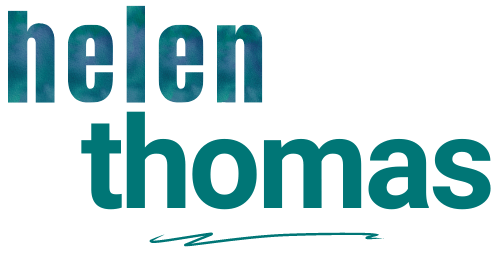The last few weeks has found me immersed in the details of the many client conversations I’ve had over the last couple of years. I noticed an interesting recurring theme I hadn’t actively considered before. And as often happens, I realised it was something I’d also experienced.
When you’re feeling stuck in a work-life that doesn’t fit you, the thought of finally figuring out the right career for you is both exciting and energising. However, when it comes to what making a change might actually mean, most are predisposed to focussing on what will be lost or likely go wrong.
“I don’t want to invest my limited time in doing things that aren’t guaranteed to succeed.”
“I just can’t afford to take any sort of status or pay cut.”
“What if I make a change and end up in a much worse situation.”
So… you might absolutely hate where you are and what you’re doing but consider it safer to stay there than assume the grass might really be greener on the other side. I know… it’s not logical is it?
Fear of “losing” will quickly apply the brakes to your career change
We humans are not always rational creatures… and this is one of those times. In these situations, the potential “losses” loom larger than the potential “gains”. In psychological terms, this is known as loss aversion, a concept first demonstrated in 1979 by Israeli psychologists Amos Tversky and Daniel Kahneman.
The reason we experience loss aversion is a complex mixture of our cognitive faculties, socio-economic status, and cultural beliefs.
When it comes to making changes in your career or work-life, loss aversion is often a key reason you’ll hold on tightly to a less than desirable situation. Your mind is far more likely to obsess about what you could lose – time, money or reputation – even when the potential change is a positive one (a new role, a promotion, starting your own business).
Loss aversion is essentially another one of those strange mental tendencies you have that aim to keep you safe. But, in doing this, it can stop you from making really good, helpful or logical decisions.
So… how can you avoid loss aversion to take advantage of potential gains and step confidently into the work-life you really want?
Tactics to avoid “loss aversion” keeping your career stalled
1. FIND THE NEUTRAL GROUND
Acknowledging you have a natural human tendency to focus on losses is the first important step. By doing this, you understand to rebalance your thoughts you need to bring some objectivity. So, when you’re making a big decision or contemplating a big change, map out the pros or potential gains before you think about the losses. Write them down and discuss them with an objective or neutral party.
2. THINK ABOUT “FUTURE YOU”
You might experience some false starts before you hit on exactly the right career path for you. Or, you may need to take a sideways or backwards step in salary to completely change careers. These things might seem unacceptable right now… but ask yourself, how do they stack up against staying in a place that’s not the right fit for you for another 10 years (or longer)? Will happy, successful “future you” really care about the short term impacts you experienced… or will they be grateful for the actions you took?
3. FACT OR FICTION?
Are the losses you’re focussed on real or perceived? If you make a sideways move, will it really ruin your resumé? If you try something and it doesn’t work out as planned, is it really the end of the world? Ask yourself what proof you have that the losses you’re focussed on will actually happen. Has it happened to you? To someone else? If so, what can you learn from those situations? And if there is no evidence to support your fear… maybe it’s time to relegate that story to the fiction pile?
4. BEWARE OF REGRET
Most things in life (money, love, material possessions) will come and go, but your time just goes… so it’s worth thinking about whether you’ll wish you’d spent it differently. In her book “The Top Five Regrets of the Dying”, Australian nurse Bronnie Ware, found the most common regret her end-of-life patients expressed was… “I wish I’d had the courage to live a life true to myself, not the life others expected of me.” Consider this… are you losing more remaining in an undesirable career situation than by accepting a short-term impact to your status quo?
5. USE A NON-NEGOTIABLE FILTER
When I work with clients in my Career Confidence Program, I guide them through the process of applying a range of filters to potential career ideas. One of these I call the “non-negotiable” filter. This is where you take all your career ideas, possibilities, and potential opportunities and you eliminate those where the actual (i.e. real or factual, not fictional) loss is greater than you’re willing to accept. In doing this you identify and articulate your true limits rather than making assumptions.
Feeling uncertain or anxious about what is undefined and unknown can be paralysing to your career progress. But getting out of your head and identifying what you’re scared of losing, puts you in control of what you choose to do next. If it’s time to stop letting loss aversion keep you from making confident career decisions, I’d love to help you figure out exactly what your next step should be.

